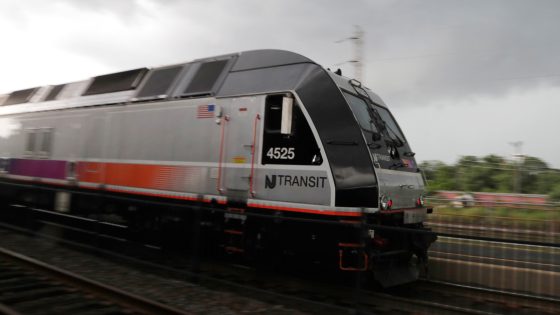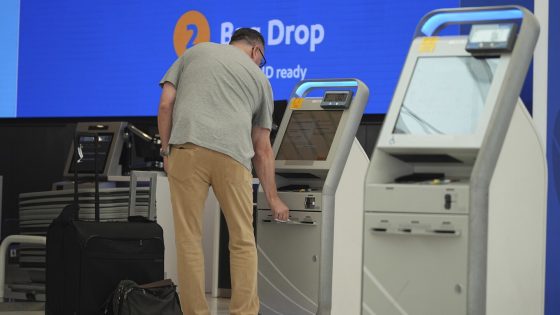New Jersey Transit engineers may soon walk off the job, affecting around 350,000 commuters. If this strike occurs early Friday, it would mark the first transit strike in over 40 years, disrupting vital services.
- Potential NJ Transit strike affects 350,000 commuters
- NJ Transit operates 1 million weekday trips
- Union demands higher average engineer salaries
- Service to Shakira's concerts canceled
- First transit strike in 40 years possible
- Alternative commuter options provided during disruption
As the nation’s third-largest transit system, NJ Transit plays a crucial role in daily commutes, especially for those traveling to New York City. Negotiations have stalled primarily over wages and working conditions, with the union seeking an average salary of $170,000, while NJ Transit claims their average earnings are around $135,000.
This situation raises important questions about labor relations in transit systems worldwide. Will other regions face similar disruptions if negotiations fail? The implications extend beyond New Jersey, affecting economic activity and commuter patterns globally.
- Labor disputes can lead to significant economic losses in urban areas.
- Commuter patterns may shift towards alternative transport methods, impacting local businesses.
- Global transit systems could face increased scrutiny regarding worker conditions.
- Such strikes may prompt governments to intervene in labor negotiations.
As negotiations continue, stakeholders must consider the broader impact on global transit systems and the importance of maintaining open lines of communication to prevent similar disruptions in the future.
































